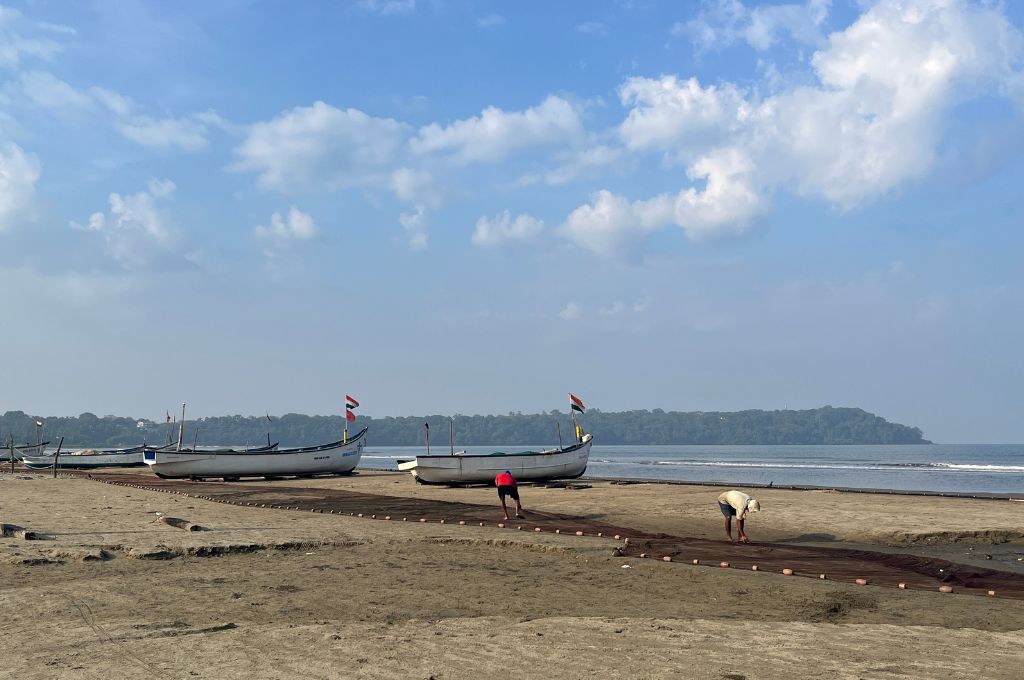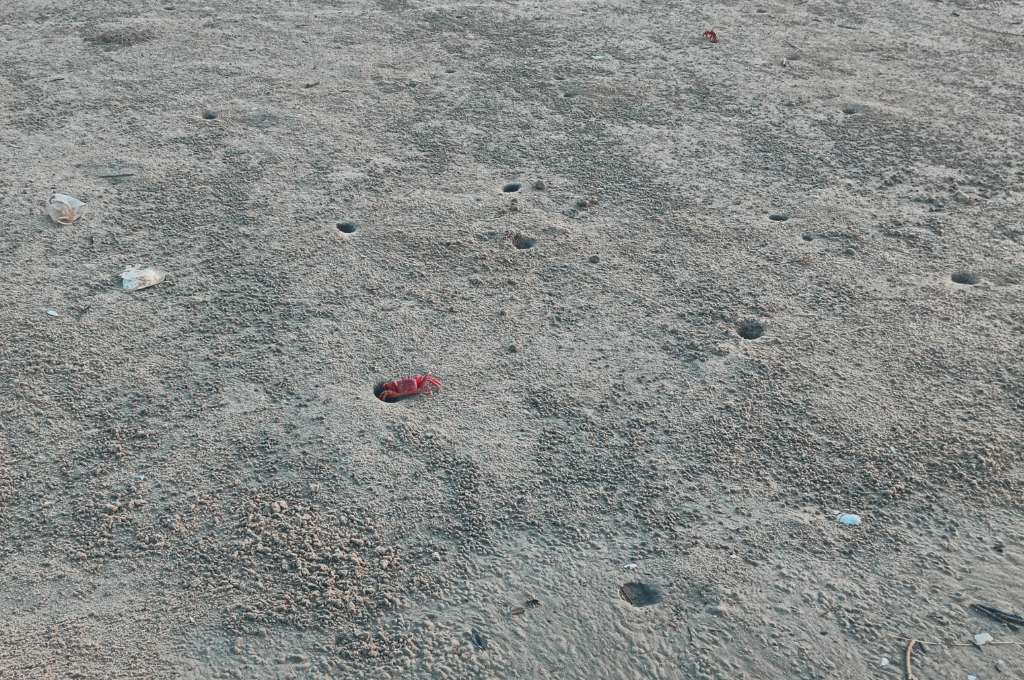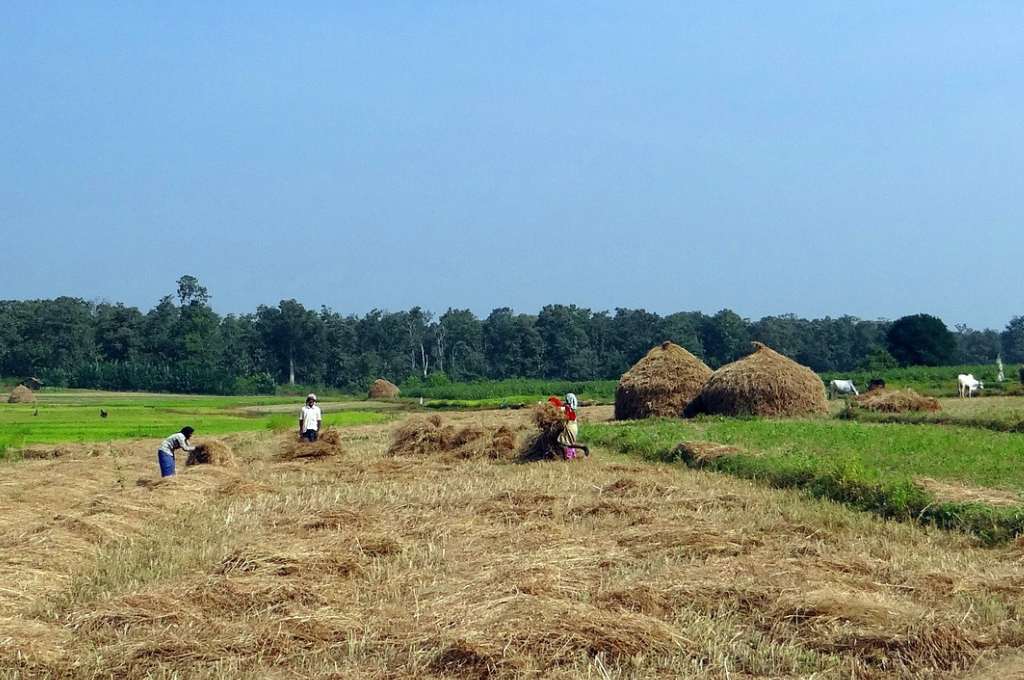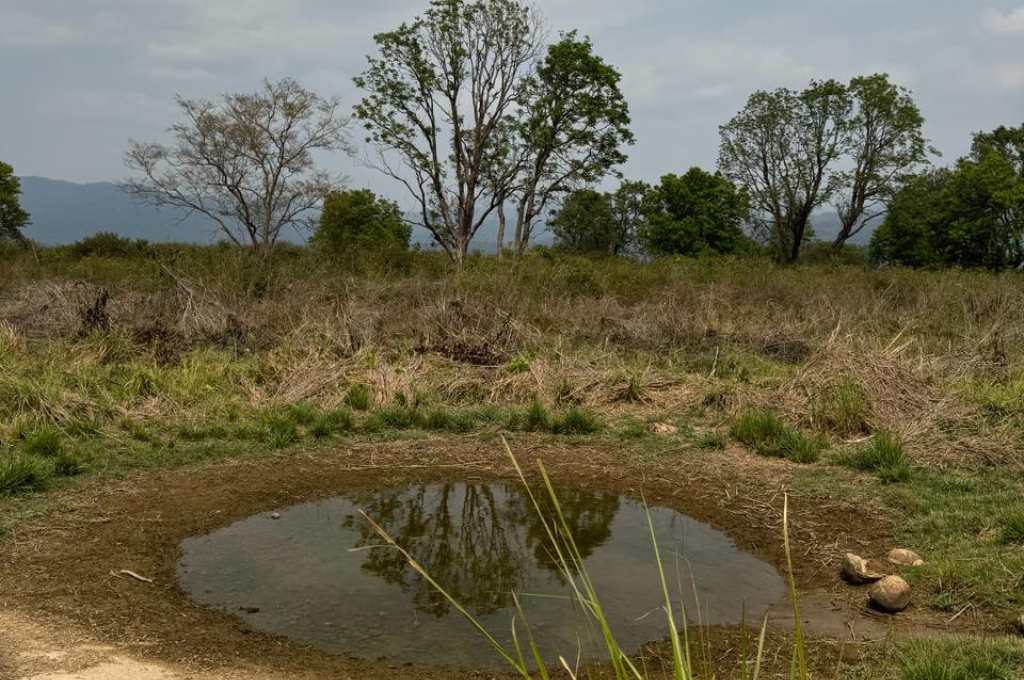Sisterhood above society
It was an exposure and learning visit for women from newly formed self-help groups (SHGs) in Mangaldoi to Sidli, two administrative blocks in Assam.
Two mini-buses full of women, predominantly from the Muslim community in Mangaldoi were on their way to visit a Santhali Adivasi village in Sidli. The intent of this exposure visit was for the women of Mangaldoi to learn how women’s community institutions play an important role in empowering the most vulnerable. The SHGs in Sidli had been active for more than five years now.
When we reached the Santhali village, we saw women from the SHG preparing food for their guests, who had come from far. Two Muslim women came to me and said, “Baideo (Sister), I think we will be fine even if we don’t eat here because our stomachs are full, from the breakfast we had at the training centre.” I replied, “There is plenty of time till the lunch break and by then we will be hungry.” The woman repeated, “I think we don’t have to eat here at all.” To that, I replied, “We will see about that later.”
Santhals are at the bottom of the social and economic pyramid in Assam (as well as the rest of the country) and it was no surprise that the women from Mangaldoi were hesitant to eat with them. I was irritated, to say the least.
Everyone sat down in a circle. One Santhali baideo brought water out for the guests. No one gulped a drop.
After that, we began with a round of introductions, following which the Santhali baideos shared how their community institutions—self-help groups and village organisations—were formed and have evolved over the years, their story of struggles and successes. The women from Mangaldoi listened with attention and patience. They were taken around by the Santhali baideos to see some of the work they had done—on orchards, scientific vegetable cropping, and a Diversion-Based Irrigation system—to improve crop productivity. The Santhali baideos also sang their SHG’s prayer song for their guests. After a while, women from both communities were hugging and taking photographs together.
I was amazed that just two hours of sharing stories, struggles, and laughter had transformed the group dynamic. The process of learning and unlearning was happening right in front of me. But I was still skeptical about them sharing food together. When we went back to the meeting place, I noticed some women enter the bus directly to avoid lunch. Others were whispering in groups. Soon a few women and one of my colleagues boarded the bus and brought them back.
Not a single woman returned to Mangaldoi without having food that day. I learned later that most of the Muslim women had left their village—without being accompanied by a male relative—for the first time in their lives. Eating food outside, that too in a Santhali village, was shattering social mores for all of them.
As I reflected on the day, I believe it was a great learning experience for me because had I known and understood the context that they were coming from, I could have facilitated the whole process in a better way.
Regia Kom works with women’s collectives at Seven Sisters Development Assistance (SeSTA).



